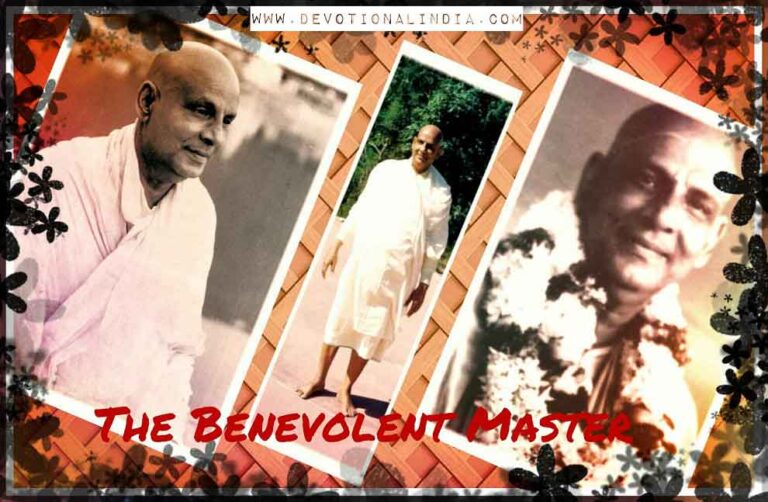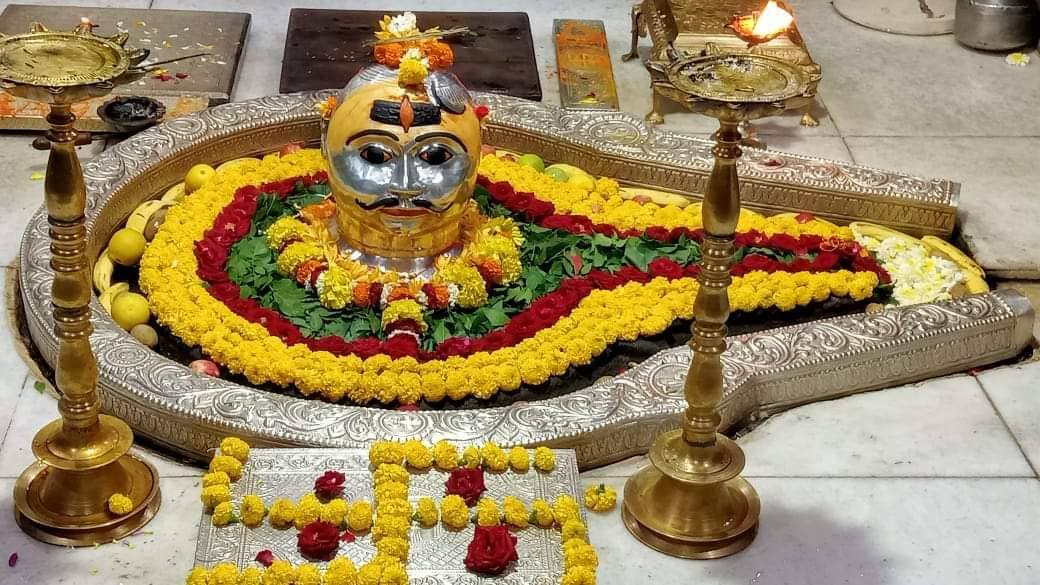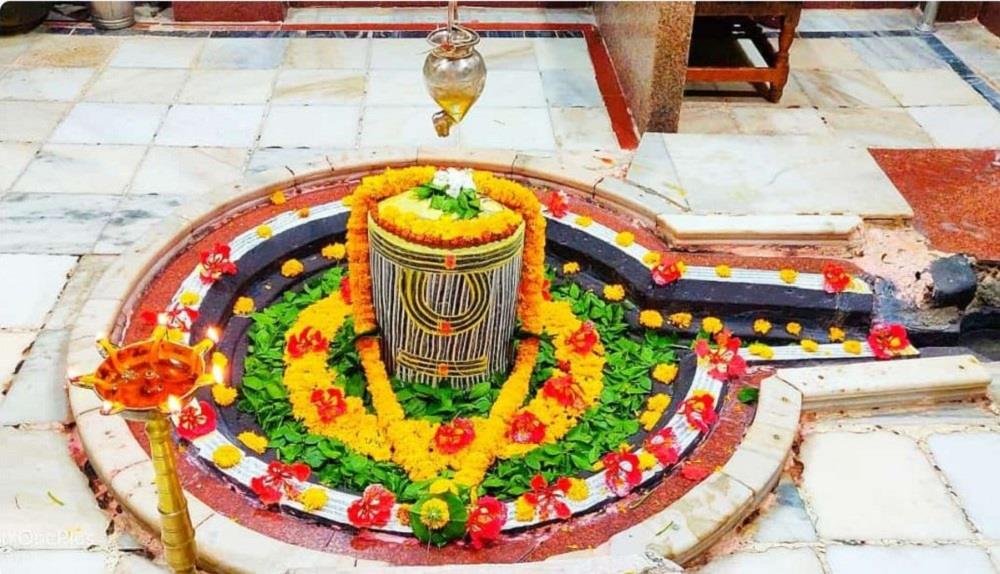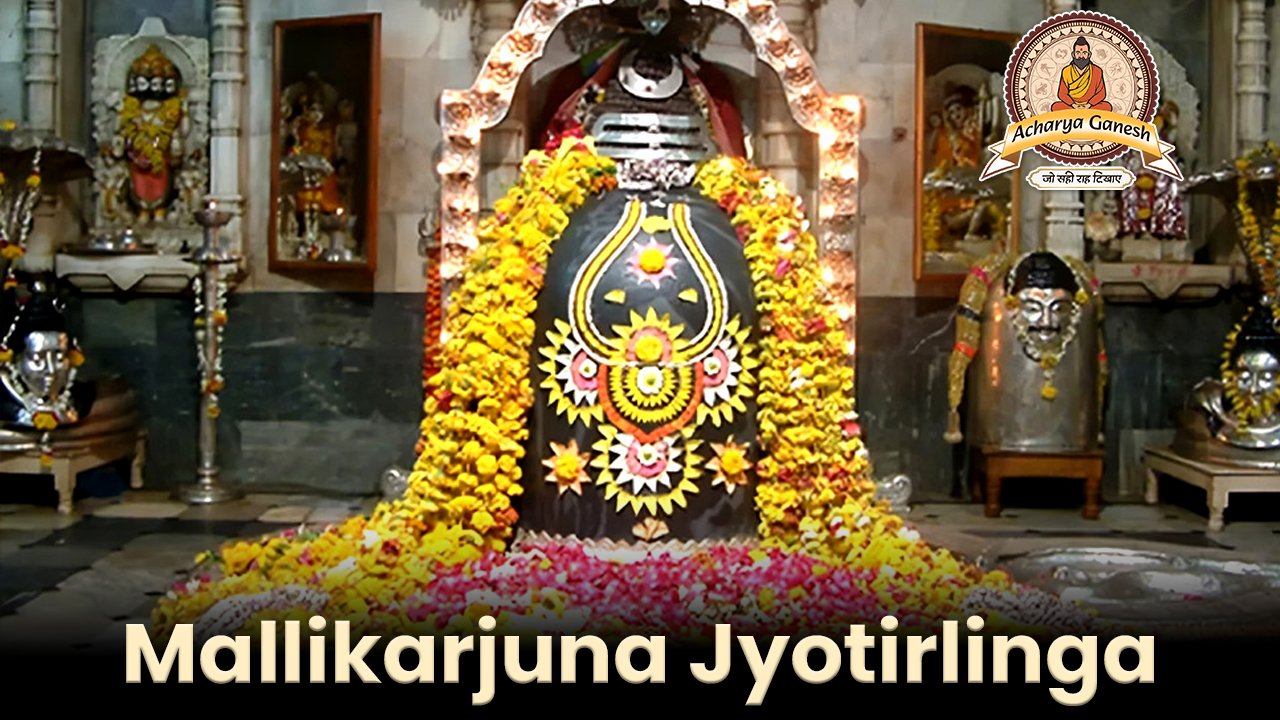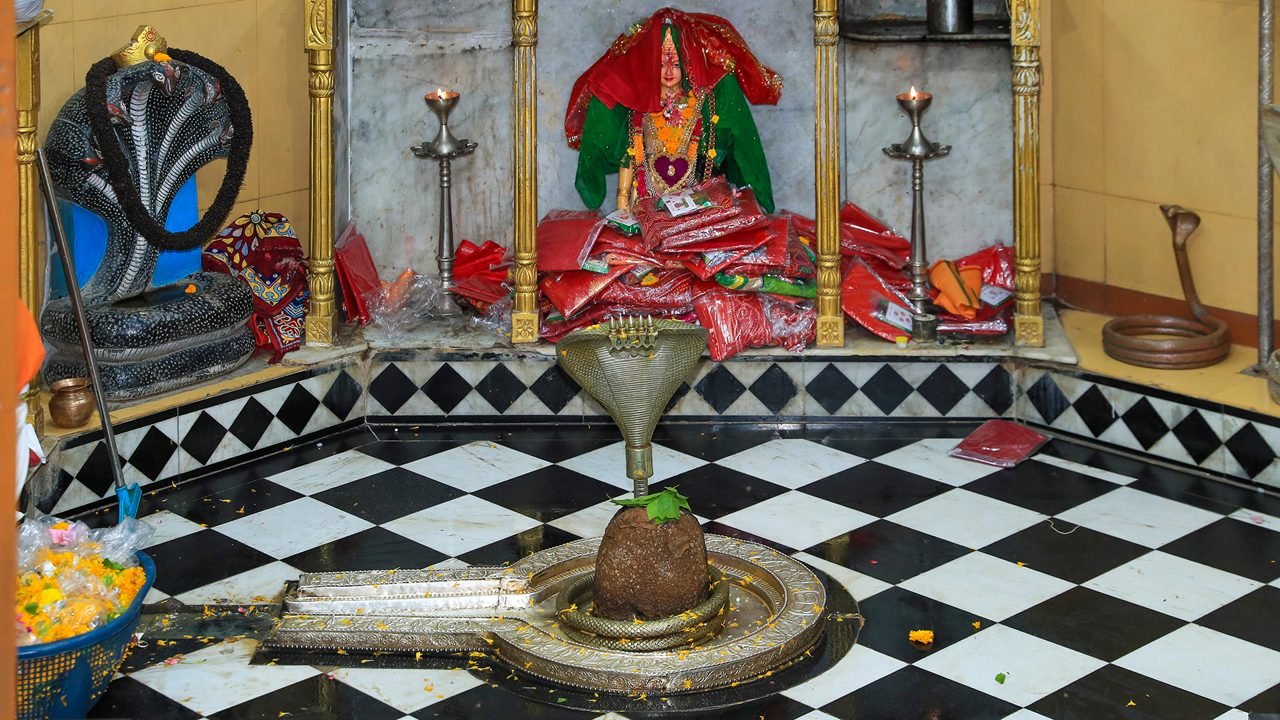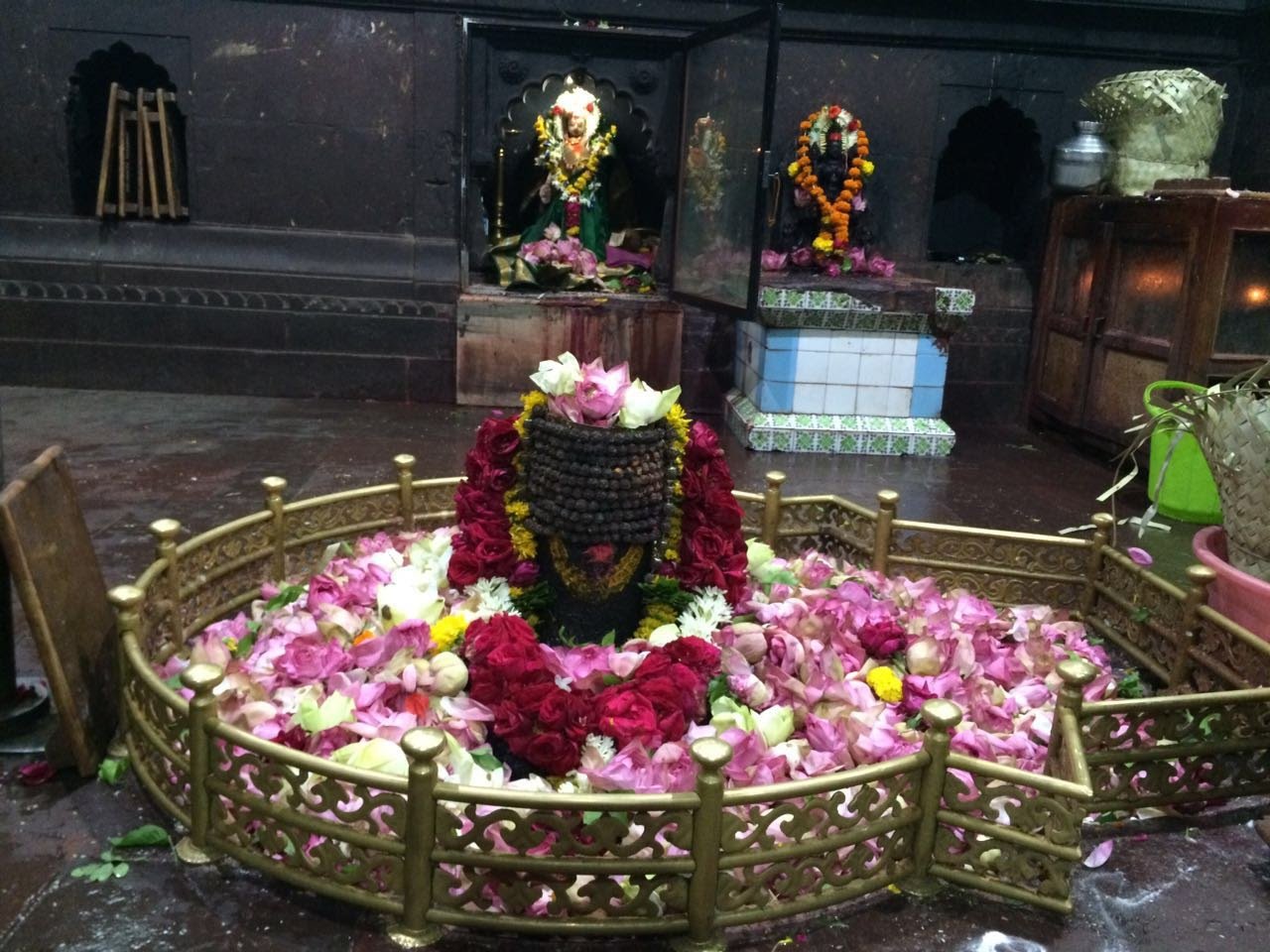
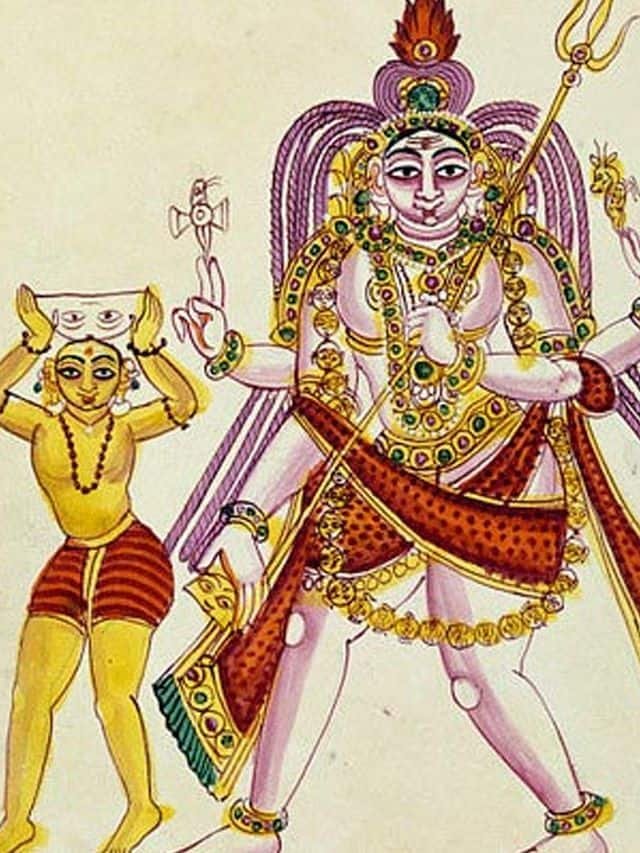
This avatar is particularly associated with the spiritual principle of renunciation and humility. Through this form, Lord Shiva teaches that true divine power does not lie in material wealth or physical strength, but in spiritual purity, self-control, and austerity.
Mythological Significance of Bhikshuvarya Avatar
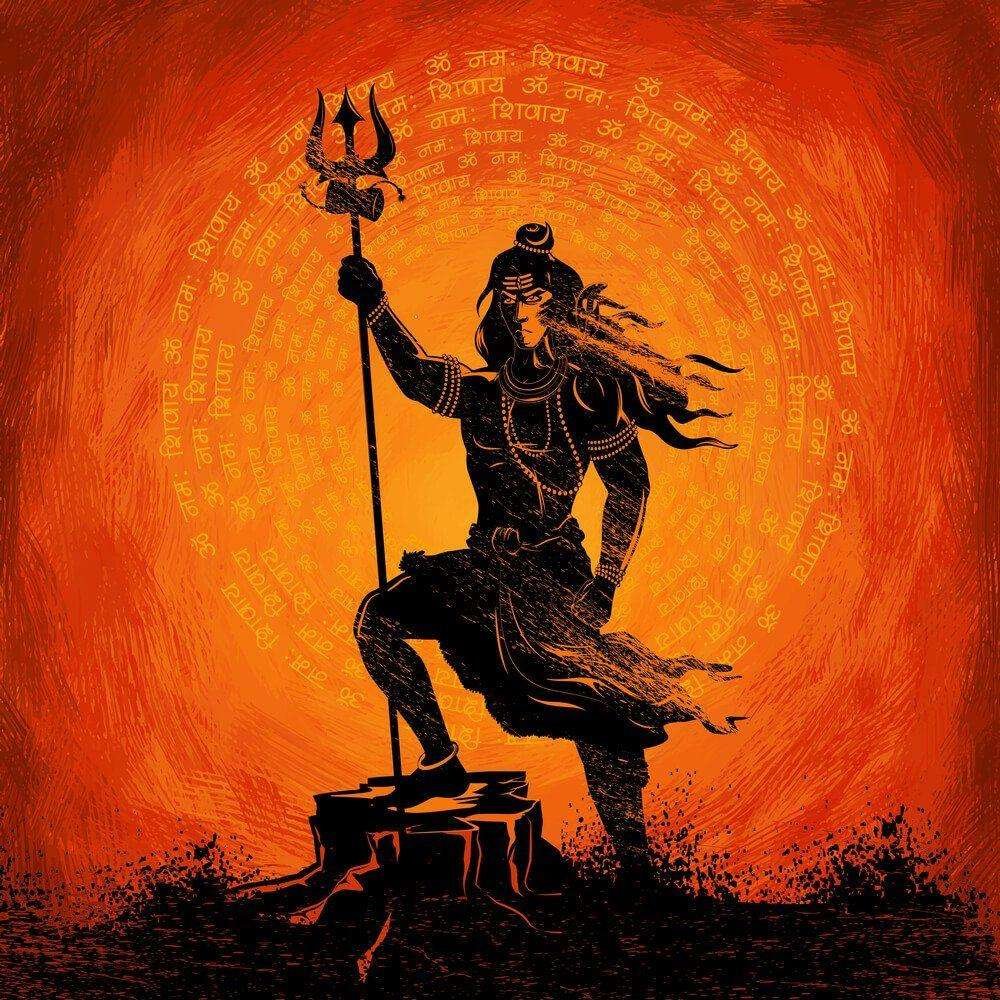
The Bhikshuvarya Avatar is associated with several important myths in Hinduism, particularly in the context of Shiva’s interactions with other deities and beings. It serves as a reminder of the value of detachment, humility, and the ephemeral nature of material wealth.
Shiva’s Role as a Wandering Ascetic:
Shiva’s Encounter with Other Deities: In some texts, Shiva, in the form of Bhikshuvarya, is shown wandering the earth, where he is sometimes disrespected or ignored by others due to his appearance. However, he is revered by a select few who understand the significance of his simple appearance. Through these encounters, the Bhikshuvarya form highlights the principle that true wisdom is not always recognized by outward appearances but by the wisdom within.
Divine Teaching through Humility: The Bhikshuvarya Avatar teaches that true divinity is not associated with physical grandeur or material wealth. By adopting the form of a beggar, Shiva demonstrates that the divine can exist in the simplest of forms. It reminds devotees that they should not chase after worldly riches, but instead seek inner fulfillment and spiritual peace.
Symbolism of Bhikshuvarya Avatar of Lord Shiva
The Bhikshuvarya Avatar is rich in symbolism, and each aspect of Shiva’s portrayal as a wandering beggar conveys important spiritual lessons:
Simplicity and Detachment:
- Simplicity: Lord Shiva in his Bhikshuvarya form represents spiritual simplicity. By shedding all forms of material wealth, he teaches that true peace and contentment are found in the simplicity of life and in spiritual fulfillment, rather than in the accumulation of wealth or status.
- Detachment: Shiva’s renunciation of possessions as Bhikshuvarya highlights the concept of detachment—the idea that one should not be attached to material things, but should instead focus on the inner journey of spiritual growth.
Humility in Divine Power:
Equality of All Beings: By appearing as a beggar, Lord Shiva emphasizes the equality of all beings in the eyes of the divine. Rich or poor, all beings are equal in the cosmic play. This teaches us that material distinctions are inconsequential in the path of spiritual evolution.
Shiva’s willingness to accept alms from others is symbolic of the humility inherent in divine power. This reinforces the belief that divinity does not demand anything from its followers; it only accepts their offerings with grace. The act of seeking alms also teaches humility in the process of self-surrender.

Worship of Bhikshuvarya Avatar of Lord Shiva

The Bhikshuvarya Avatar is especially worshipped by devotees who seek spiritual discipline, humility, and the path of renunciation. It is a form of Lord Shiva that calls for an inner transformation towards simplicity and self-realization.
Devotional Practices:
- Meditation and Self-Control: Devotees often meditate on Lord Shiva’s Bhikshuvarya Avatar to cultivate a deeper sense of humility, inner peace, and detachment. This avatar encourages individuals to simplify their lives, focus on spiritual practices, and abandon attachment to material things.
- Offering Alms and Charity: The act of giving charity or offering alms to others is associated with this avatar, as Lord Shiva as Bhikshuvarya accepts whatever is offered with grace. It reminds devotees to offer with a pure heart and to practice compassion and generosity.
Spiritual Lessons:
Humility in Devotion: The Bhikshuvarya form also teaches the importance of humility in spiritual practice. Devotees are encouraged to surrender their ego, to accept the divine grace with open hearts, and to serve others with humility and kindness.
Renunciation and Simplicity: Worship of Bhikshuvarya helps devotees recognize the transitory nature of material wealth. It encourages the practice of renunciation, where the devotee detaches themselves from worldly pleasures and seeks inner fulfillment.
Mantras of the Divine Avatar
ॐ भिक्षु वर्याय नमः।
मधुरेण भिक्षया, शान्तं शिवं महेश्वरम्।
तपसा समुपासितं, आत्मशुद्धिप्रदायिनं॥
Om, I bow to Bhikshuvarya, the Supreme Beggar,
Who roams with grace, peaceful and auspicious,
Meditating with austerity, bestowing purity of soul.
Aarti of the Divine Avatar
ॐ जय भिक्षु वर्य, शरणं शिव महादेव।
सर्वगुण समन्वित, तपस्वी यogi शिव।
दीनदयालु, कृपा निधान,
दीनों के पालतू, हर संकट हर॥


























